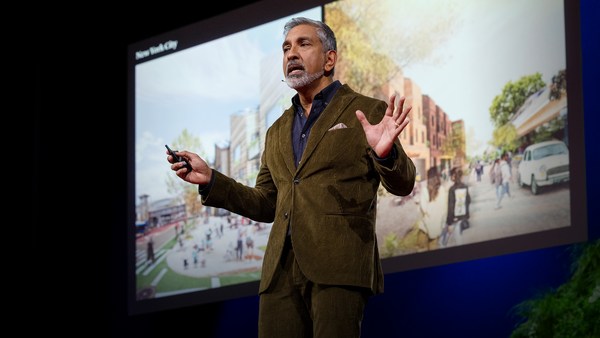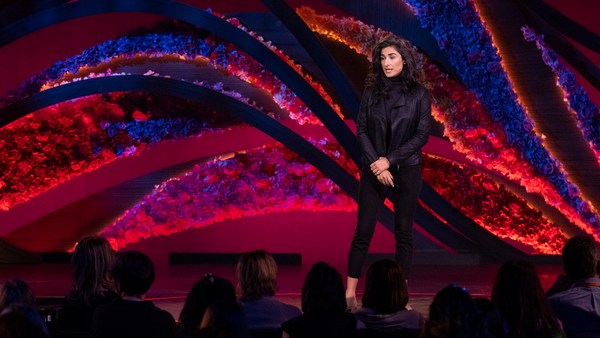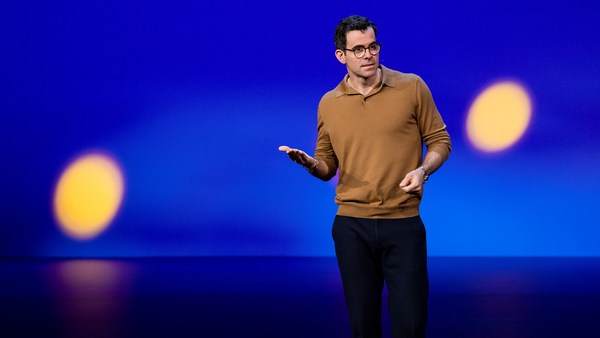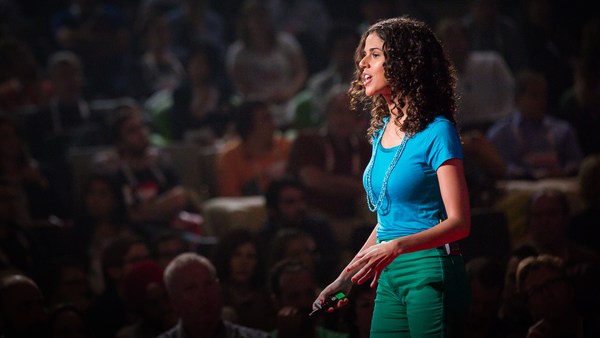How do you start a new city? Turns out it's not easy. You need to survey terrain, get permission from a state, buy land, convince people to move there. And until Elon Musk gets us to Mars, land is a finite resource. And the good spots are probably all taken.
But what if we could start smaller, like really small? And just post on Twitter. That's what I did, because it allowed me to find people all over the world willing to help me figure it out. My new internet friends and I started a group chat, pooled cryptocurrency, researched locations, and three months later, we bought 40 acres of land near Yellowstone National Park in Wyoming.
Now we had a piece of land, a pool of money, and a lot of decisions to make collectively. That’s why we decided to start a DAO, or a decentralized autonomous organization, called CityDAO. A DAO is an internet native, blockchain-governed, collectively owned organization working towards a shared mission. Most DAOs pool cryptocurrency in a treasury where members vote on how it's used.
In a traditional company, a CEO works with executives to set the direction, the budgets and hands priorities down the org chart to be implemented. In a DAO, members act as peers, contributing capital, proposing and working on projects and making decisions as a group. Top-down management is replaced by blockchain-based rules encoded in smart contracts. For example, funding a project if a proposal passes.
If a traditional company succeeds, most of the wealth will accrue to a few founders, some early employees and investors who are generally already higher net-worth. A DAO is a sort of crypto co-op, giving a wider group of people the opportunity to own a piece, participate in management and share in the potential upside.
CityDAO grew out of my frustrations dealing with city bureaucracy and red tape while building a start-up that helps cities better utilize their empty parking lots. It took us over three months to get a permit just to sell parking in San Francisco. And it was an archaic bureaucratic nightmare. Things like putting a parking lot to higher and better use, which my urbanist self really wants to do, like, you know, build a food truck park, logistics hub, maybe even new housing, a farmer's market. These things are also really tedious, can take months, years, or even just be illegal due to zoning laws.
CityDAO was among the first DAOs brave enough to buy land. And speaking of bureaucracy, it took us over a month to do so under the current system. We had to find an agent, coordinate tours, make offers, wait for counteroffers, put down a deposit, form an LLC, fill out paperwork. At CityDAO, we imagine an on-chain city where things like permitting, budgets, laws, deeds and records, they're all just transparent on a blockchain, and smart contracts can speed up the transactions and reduce bureaucracy.
Let me give you an example. Things that used to take weeks, like buying or selling land or taking a loan out against your property, that could happen in seconds through a smart contract.
DAOs are financial flash mobs, often organizing seemingly overnight in pursuit of an idea. They usually start out as a few people who have a big vision but realize it will take a large collective effort to get it done. So they usually start the community in a group chat server, and the most common is called Discord. We use Discord for weekly community calls where people can share ideas and debate proposals. In the server, channels are set up around teams and projects. Instead of a formal boss, each team has an elected facilitator who holds regular meetings. People can contribute to the DAO full-time, part-time, but one of the most common ways is through bounties, where you hop in and out of the DAO, taking on small tasks and contributing where you can.
Most DAOs raised some initial funding by selling a governance token that gives holders voting rights over DAO activities. You can either buy these tokens on the open market using a cryptocurrency like Ethereum, or you can earn them by contributing to the DAO. For example, things like designing a logo, researching or writing some code. At CityDAO, we raised over six million dollars from 5,000 people through our governance token called “Citizenship”. Citizens get to vote in things like where our next piece of land will be located.
DAOs have been called group chats with a bank account. And I know what you're thinking. "Scott, sharing a bank account with my significant other is already hard enough. Now you're telling me I have to share one with 5,000 people on the internet?"
Well, it's not that bad. Blockchain helps fix this. So funds live in a public blockchain treasury where anyone can audit income and spending. And any time spending or money transfers are involved, the DAO approves it through a proposal. Typically written by a DAO member, a proposal starts as an idea that gets debated and is put to a vote of the token holders.
For example, one of the first proposals at CityDAO was, of course, which piece of land to buy. The DAO debated must-haves, nice-to-haves, and DAO contributors combed through Wyoming land listings and narrowed it down to the top three, outlining the pros and cons of each and presenting the final proposal to the DAO for a vote. We voted to acquire Parcel 0 near Cody, Wyoming. Chosen for being close to an airport, having an on-site well for water access, and of course, the most important criterion of all, being near Kanye West.
(Laughter)
OK, OK, that wasn't really in the criteria, but it just so happens our piece of land in Wyoming is not far from Kanye's own Cody ranch.
The next steps at CityDAO are things like voting on what gets built on the land and who gets to use it when. Some other proposals floating around are things like buying a piece of land in the Amazon for conservation or building out a network of DAO-owned spaces where citizens can visit at any time, a decentralized city, perhaps. Today we're seeing DAOs do all kinds of really interesting things together. They're building products, they're investing in start-ups, they're buying art and assets, they're funding research and raising money.
Let's take a look at some examples. ConstitutionDAO raised over 47 million dollars in seven days in attempt to buy an original US Constitution copy. It usually takes longer than seven days just to set up a company and open a bank account. Krause House is buying an NBA team and LinksDAO a golf course. DAO members will likely get to participate in key things, like who's coaching the team or where the golf course gets built. PleasrDAO collects art and digital assets like NFTs. They recently purchased the only copy in existence of an unreleased Wu-Tang Clan album, and DAO members are now the only people in the world who can legally listen to it. VectorDAO is a collective of designers shaking up the agency model where DAO members get ownership in each project they work on. In DAOs like MetaCartel and Seed Club, members review submissions from promising start-ups and projects and decide on which ones to fund. VitaDAO is funding research, and more recently, UkraineDAO raised over six million dollars to donate towards the Ukrainian defense effort.
It’s still early for DAOs, and they certainly aren't for everything. They require a level of consensus building and might move slower than a company who has a boss who can just call the shots. After all, ConstitutionDAO was outbid at Sotheby's auction house by the CEO of Citadel. And some say the transparency and decentralization made it hard for the DAO to coordinate and win the auction. And while traditional corporate structures are battle-tested, DAOs are a new type of entity that can find themselves in uncharted regulatory waters. To help solve some of these issues, states like Wyoming are putting laws on the books that recognize DAOs. And we actually used one of these laws to buy our first piece of land at CityDAO, that's why it's in Wyoming.
Once we work out the kinks, DAOs have the potential to increase economic opportunity and allow more people to share in the upsides of ownership. Things like real estate, sports teams, fine art. These are things that would typically be owned by a single, high net-worth individual that today DAOs are buying and democratizing.
Imagine if the next social network or ride-hailing app were a DAO. And each time you posted valuable content or put in late-nights driving, you got little pieces of ownership in that platform. And since ownership means voting rights in DAOs, you can use your new voting power to propose changes to the platform if you think that there's a fairer or better way to do things.
Agriculture enabled us to live in cities. The internet let us share information globally. And today, DAOs let us work together, trust each other and coordinate in a fairer way on larger-scale problems than ever before. And maybe a DAO can even build the next great city.
Thank you.
(Applause)





